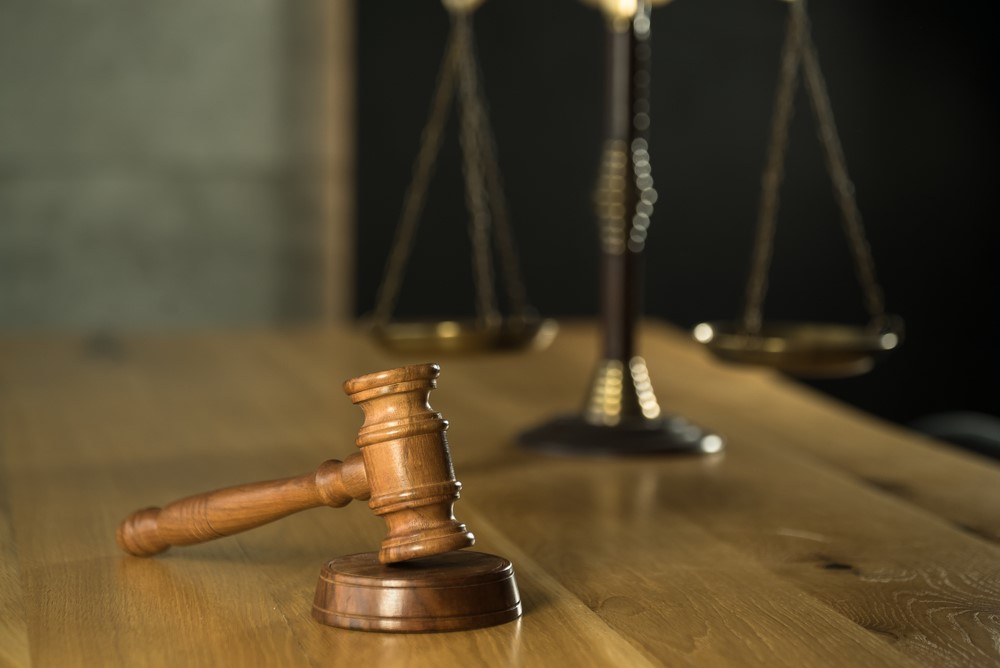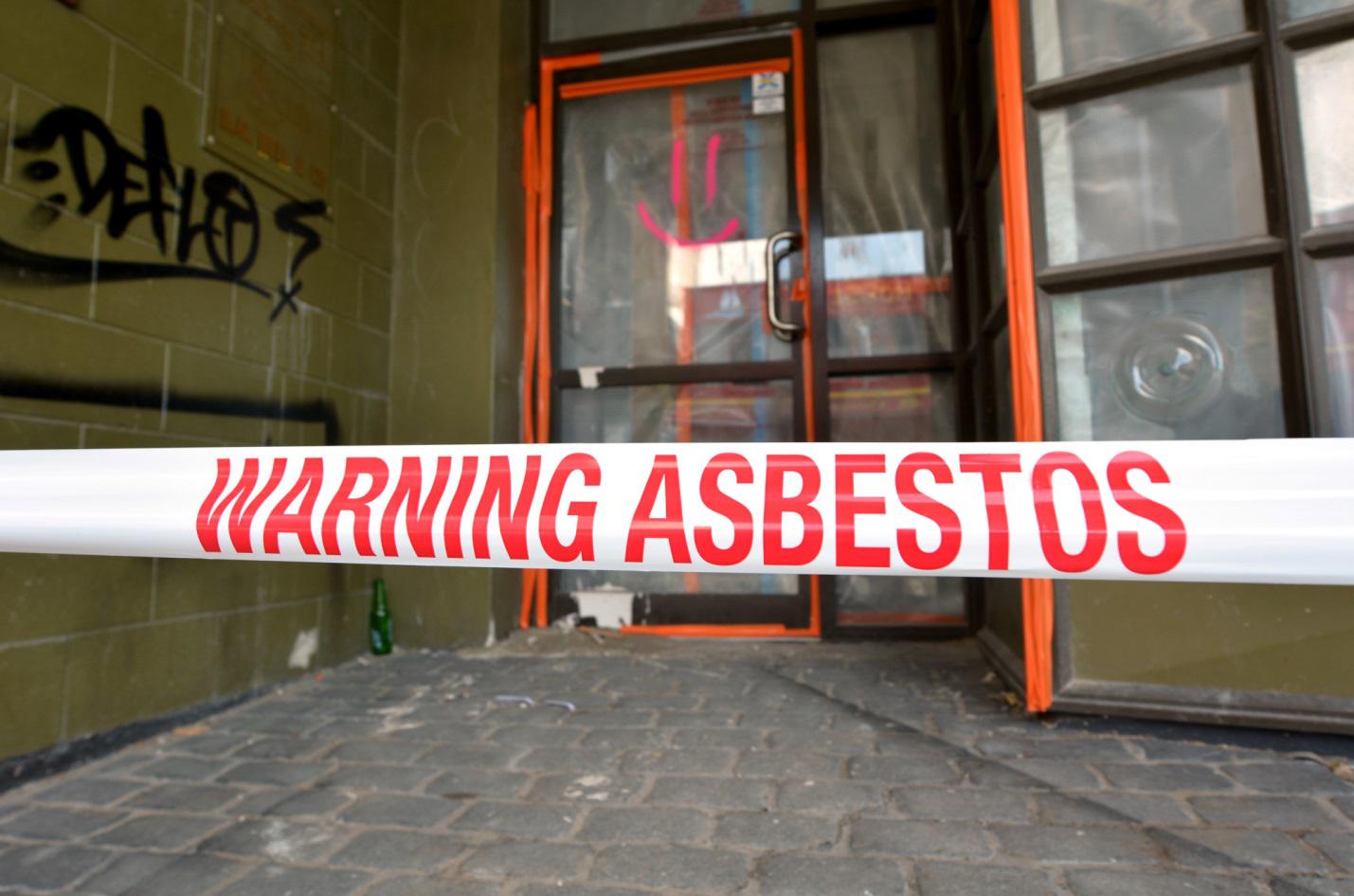 The criminal prosecution process is complex and often can be too difficult to grasp as there are a number of investigative, pre-trial and trial proceedings that take place before a sentence is handed down to an accused offender. If you are faced with criminal charges, seek the advice of criminal lawyers in Melbourne for reliable and effective legal representation.
The criminal prosecution process is complex and often can be too difficult to grasp as there are a number of investigative, pre-trial and trial proceedings that take place before a sentence is handed down to an accused offender. If you are faced with criminal charges, seek the advice of criminal lawyers in Melbourne for reliable and effective legal representation.
The Fundamental Steps Of A Criminal Prosecution Process
1. Investigation
During the investigation process, the police will examine all the surrounding circumstances of the alleged crime. Their primary role is to ensure that witnesses and victims have given their statements immediately or shortly after the alleged incident has taken place. Along with any physical evidence, these testimonies will be used as part of the evidentiary brief that the prosecution will present in criminal proceedings. In order for evidence to be considered at trial, it must be relevant to the offence.
2. Assessing Evidentiary Brief
The prosecution will evaluate the evidence contained within the evidentiary brief and make a decision on whether to prosecute the alleged offender. If there is significant evidence that suggests a conviction will be secured, the prosecution will likely take the matter to trial and charges will be laid on the accused.
3. Charging or Commencing a Proceedings
In laying down the charges, a summons will be issued to the defendant outlining the charges they are facing and the date of court attendance. Depending on the severity of the allegations, the matter will either be heard in the Magistrates Court, Supreme Court or County Court.
4. Committal Proceeding
A committal hearing, also known as a pre-trial hearing, is used to determine whether there is sufficient evidence for a trial to proceed in the Supreme Court or County Court. Typically, a Magistrate will either read or listen to the evidence and make an appropriate decision based on the evidence before them.
5. Trial
The Magistrates Court deals with summary offences which are less serious in nature and can be tried without a jury present. In this instance, the judge has the power of deciding whether the accused is guilty and if so, the appropriate punishment. In comparison, the Supreme Court and County Court hear indictable offences, which are more serious and require the presence of a jury in deciding whether the accused is guilty of committing the offence beyond a responsible doubt, based upon the evidence that has been presented before them.
When a criminal matter is referred to the County or Supreme Courts, an indictment is an essential document that needs to be prepared by the prosecution. Not only does it allow for criminal matters to be brought before the court, but it also lists the charges the accused is facing. During the trial, the prosecution will present evidence before the court- this may include physical evidence and/or eyewitness testimonies.
The onus of proof is therefore left with the prosecution- the defendant is presumed innocent unless the prosecution can prove beyond a reasonable doubt that they are in fact guilty. Once all the evidence has been given and cross-examination of witnesses has occurred, the judge will summaries both sides of the case to the jury.
The jury will then be directed to deliberate and scrutinize the evidence in reaching a ‘guilty or not guilty’ verdict. As a fundamental requirement, all decisions must be unanimous and if there is any doubt surrounding the guilt of the defendant, the charges must be acquitted. If a jury finds not guilty, the defendant is discharged. However, if they deliver a guilty verdict, the judge will impose a sentence proportionate to the crime.
6. Sentencing
In deciding the appropriate sentence to impose on the offender, the court will consider all the circumstances of the crime including severity, victim impact statements along with the sentencing aims. Although in most circumstances imprisonment is an imposed sentence, other times home detention, conditional release or penalties may be more appropriate for the case at hand.
7. Appeals
Offenders who have been convicted of a crime are entitled to appeal the decision of a lower court to a higher court. During an appeal, the case will be heard again and the high court will review the decision that was implemented by the lower court. Upon reaching a decision in the appeal court, the court is empowered to either enforce the original sentence or hand down a lighter or more severe sentence.
~
Understanding how the criminal procedure works is an important part of any trial. Know your obligations and rights if you are facing criminal charges.









